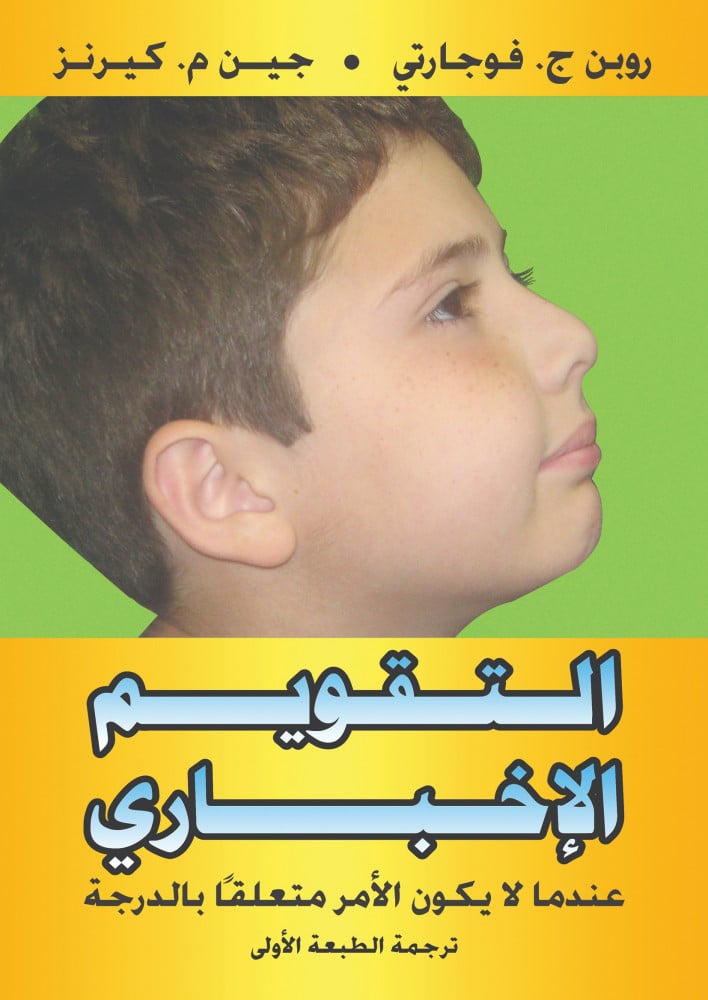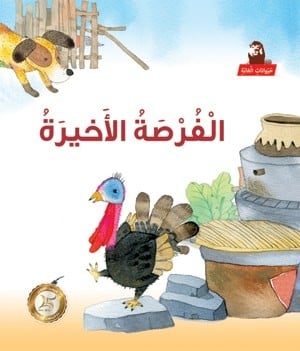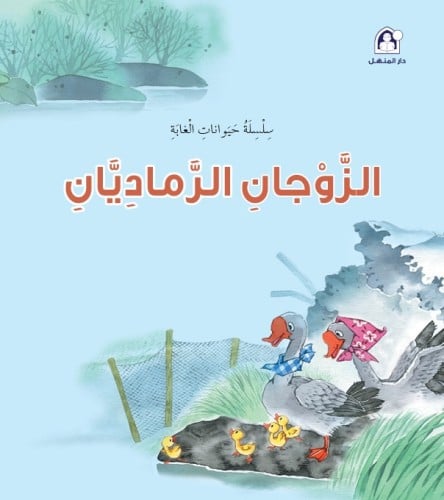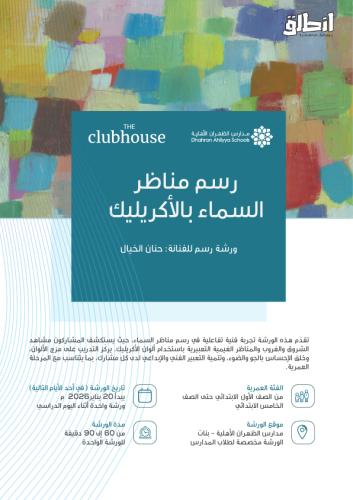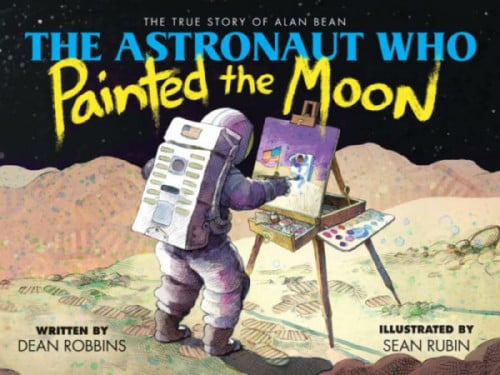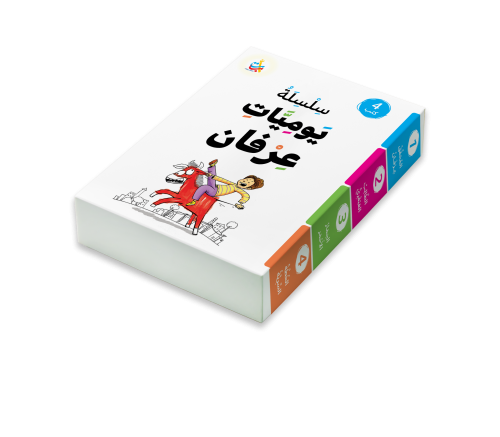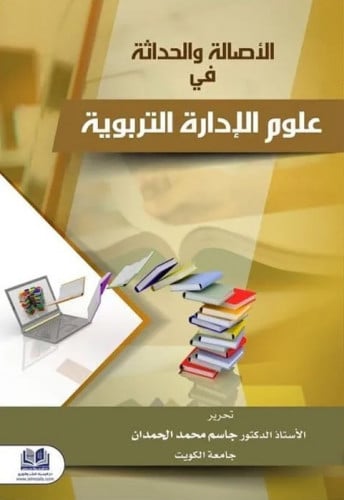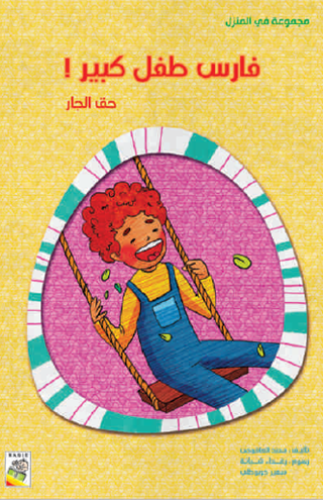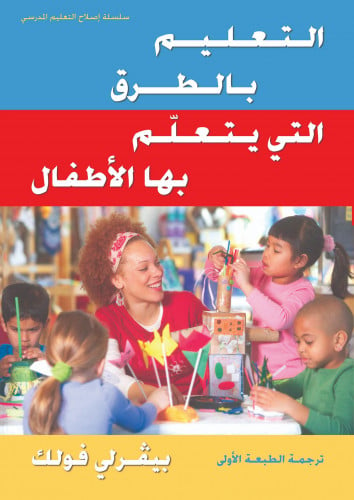AVAILABLE IN ARABIC
About This Book
With practical, informed assessment techniques, you can increase your instructional effectiveness and demonstrate improvements in student learning. This research-based book, part of the In A Nutshell series, provides a succinct yet substantive discussion about formative assessments and how they impact the teaching/learning cycle. The authors present results-oriented methods, offer invaluable tips, and examine three types of inFormative assessments:
• Routine inFormative Assessments to weave into everyday instruction
• Reflective inFormative Assessments to foster self-assessment for students and teachers
• Rigorous inFormative Assessments to provide continuous tools that inform teaching practices and student learning
Topics : Assessment
Table Of Content
Preface
Acknowledgments
About the Authors
Introduction
Part I: Purpose and Goals
Purpose: Changing of the Guard
Goals
Part II: A Suite of Informative Assessments Practices
Formative Assessments and Summation Assessments
Formative Assessments
Summative Assessments
A Suite of Informative Assessment Practices
Part III: Background and Research
Research and Theory Base
Black and Wiliam (1998)
Burke (2004)
Costa (2000)
Dweck (2007)
Gardner (1983)
Guskey (2007)
Kallick (2000)
Marzano, Pickering, and McTighe (1993)
O'Connor (2002)
Popham (2006)
Reeves (2008)
Stiggins (2007)
Wiggins and McTighe (2005)
Part IV: Overview of Book and Chapters
About the Book Format
About the Chapter Format
Teachings
Tools
Techniques
Tasks
fps
Chapter I: Routine Informative Assessments: Every Day —Flow
Teachings
Defining Rearm Informative Assessments
Describing Routine Informative Assessments
Examples of Routine Assessments That Inform
Tools
Routine Handmade Tools
Tinfra • light Cords
Color-Coded Multiple Choke Cards
lop Boards
Tongue Depressors
None Cards and fishbowl
Ronne Electronic Tools
Responders or "2Know!”
NE0 2
Routine Questioning Tools
Mr. Pete’s Questions
Mr. Parnes’ Questions
Techniques
Routine HOT Questioning Techniques
Rhetoric' Burnham
Woven Questions
Probing
Delving
Reverse Questioning Policy
Routine Informal Cooperative learning Techniques
“Turn to Your Partner, and…”(TTYPA…)
Routine Teacher Expectation, Student Achievment (TESA) Techniques
Wait time
Equal Opportunity to Respond
Delving
Praise
Routine Vocabulary Building and Comprehension Techniques
Unpacking the Lanaguage
Tasks
Handmode Signals
Tips
Chapter 2: Reflodive Informative Assessments: Many Days—Conversations
Teachings
Defining Reflective Informative Assessments
Describing
Examples of Meanie Informative Assessments
Tools:
Advanced Organizes and Note-Taking Foldables
Student rounds
Pocket-Size Book
Magic Book
Boy Scow Container
Take-Away Window
Step Book
Student Portfolios
Whole Group Assessment-Driven Reflections
Agree/Disagree Anticipation Guide
People Search
Human Graph
Metacognitive Prompts
Mrs. Patter’s Questions
Ms. Poindexter's Questions
Plus, Minus, Interesting (PMI)
Traffic Light Strategy
Checklists and Rubrics (Criteria in Kid-Friendly Terms)
Reflective Collaborative Learning
Cooperative kerning Roles and Responsibilities
Peer Tutors
Cooperative Looming Tear Share
Blogs
Techniques
Reflective Questioning Techniques
Ronge-Finding Questions
Hinge-Point Questions
Reflective Questions (Metacognition)
Reflective Teacher Feedback Techniques
Descriptive Feedback
Use of Benchmark Papers
Peer Assessment
Comments That Reference Critieria Instead of Grades
Reflective Collaborative Learning Techniques
Interactive Face-to-Face Conversations
Interactive Remote Conversations (E-Mail Buddies)
Tasks
Tips
Chapter 3 :Rigorous Informative Assessments: Some Days—Philosophical Shift
Teachings
Defining Ripsaws Informative Assessment
Describing Rigorous Informative Assessments
Examples of Rigorous Informative Assessments
Tools
Performance Assessment
Performance Tasks
Grading Practices
Informative Grading
Traffic Light Grading
Grade Books
No Zeros! No Averages! No “Killer Assignments”!
Electronic Test Creation Software
Test Creation Software
Techniques
Higher-Order Thinking
Inductive lesson
Deductive lesson
Tests, lost Questions, and fest Antigua
Ungraded Practice lest
Examining Tests end Student Work Samples
Rating Work Samples
Summative Assessments as Foilsman Assessments
Date
Item Analysis
Tasks
Gerdes: “Crime and Punishment” or “A Personal Best”
Tips
Chapter 4: Closure
Afterword
References
Resources and Further Reading
Index
About the Authors
Robin Fogarty:

Robin Fogarty is President of RFA: A Robin Fogarty Company, a Chicago-based, minority-owned, educational publishing/consulting company. Robin received her doctorate in curriculum and human resource development from Loyola University of Chicago. A leading proponent of the thoughtful classroom, Robin has trained educators throughout the world in curriculum, instruction and assessment strategies.
She has taught at all levels, from kindergarten to college, served as an administrator, and consulted with state departments and ministries of education in the United States, Puerto Rico, Russia, Canada, Australia, New Zealand, Germany, Great Britain, Singapore, South Korea, the Netherlands, the Kingdom of Bahrain and Saudi Arabia.
Robin has published articles in Educational Leadership, Phi Delta Kappan, The Journal of Staff Development and The Middle School Lournal. She is the author of numerous publications, including Brain-Compatible Classrooms, Literacy Matters, Ten Things New Teachers Need, How to Integrate the Curricula, The Adult Learner, A Look at Transfer, Close the Achievement Gap, Twelve Brain Principles, Nine Best Practices, and From Staff Room to Classroom: Planning and Coaching Professional Learning, How to Teach Thinking Skills Within the Common Core: 7 Key Student Proficiencies of the New National Standards, Invite! Excite! Ignite! 13 Principles for Teaching, Learning and Leading K-12 classrooms
Robin received her Bachelor of Arts in Early Childhood Education at SUNY, Potsdam, NY, and her Masters in Instructional Strategies from National Louis University in Evanston, IL. She is known as the teachers’ teacher and has mentored numerous colleagues in the art and science of working with the adult learner. She brings a wealth of knowledge and passion to all endeavors, has a wealth of knowledge in the field and conducts highly interactive PD sessions.
Gene M. Kerns:

Gene M. Kerns, EdD, is a third-generation educator with teaching experience from elementary through the university level, in addition to his K–12 administrative experience. He is currently chief academic officer for Renaissance. He has bachelor’s and master’s degrees from Longwood College in Virginia and a doctor of education degree from the University of Delaware. He is the co-author of two books: Informative Assessment: When It’s Not About a Grade and Unlocking Student Talent: The New Science of Developing Expertise.
ISBN: 9789960863917
Author: Robin J. Fogarty & Gene M. Kerns
Publisher: Educational Book House
Publish Year: 2013
Size: 17*24cm
Pages number: 136

